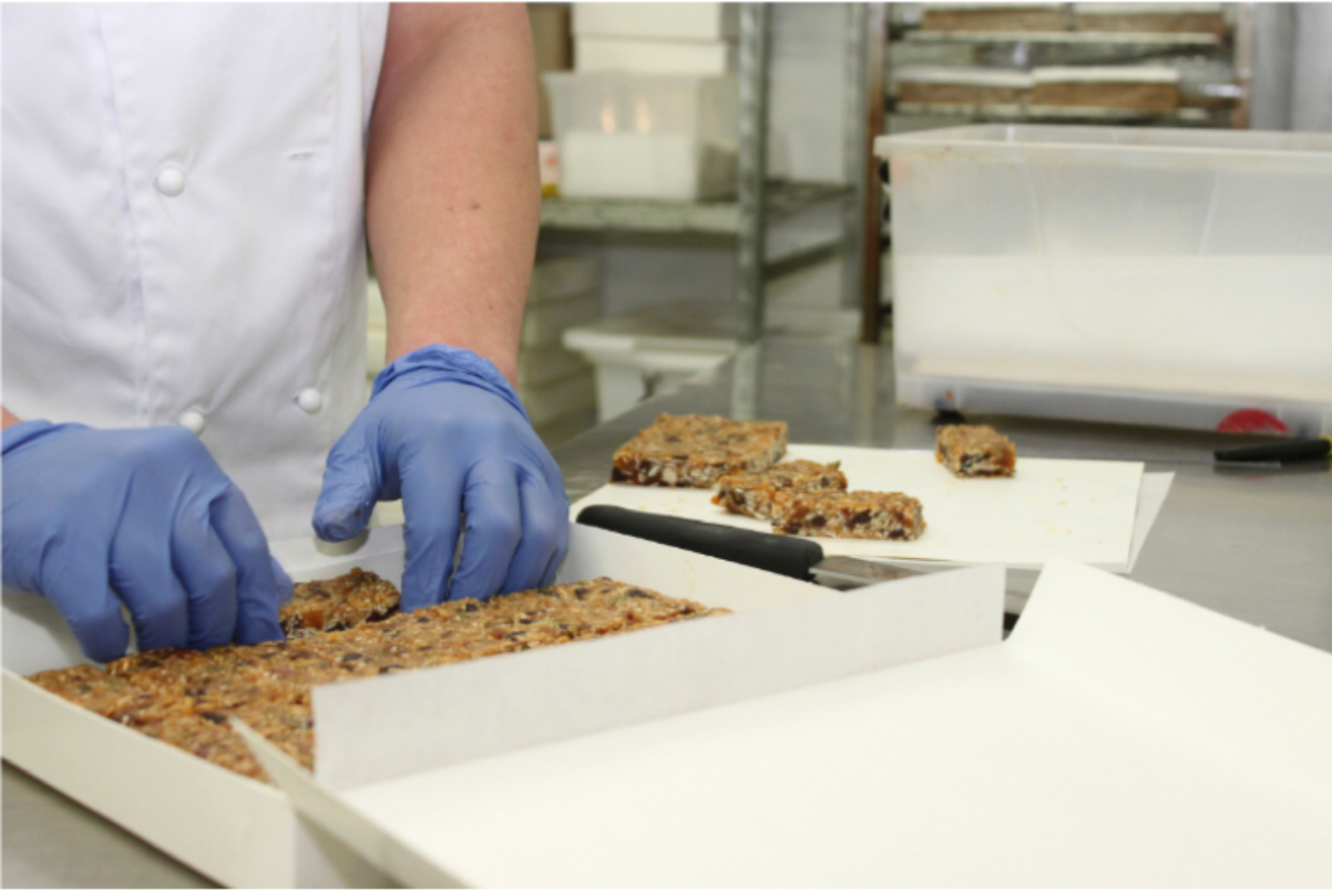Introduction
In today's quickly evolving food sector, services are seeking sustainable services to fulfill the growing demand for top quality food while minimizing their ecological effect. Contract food manufacturing has become a sensible option for firms looking to outsource their manufacturing needs while keeping control over product advancement and also quality control. This write-up checks out the concept of contract food manufacturing in Australia and also its role in advertising sustainability within the food industry.
The Surge of Contract Food Manufacturing in Australia
Understanding Agreement Food Manufacturing
Contract food manufacturing is a strategic collaboration in between a brand owner and also a contract manufacturer, where the latter generates products in support of the former. This setup enables brand owners to concentrate on advertising, product development, as well as distribution while leveraging the knowledge and resources of specialized agreement manufacturers.

Benefits of Contract Food Manufacturing
Cost Performance: Contract food manufacturing gets rid of the need for substantial capital expense in infrastructure, devices, and also workforce. This cost-saving measure permits brand names to designate their resources towards other important locations of company growth. Scalability: As need for a certain product changes, contract suppliers can rapidly change production degrees to fit market demands. This flexibility ensures that brand names can meet customer demand without excess inventory or wastage. Expertise and also Technology: Agreement makers typically have extensive knowledge and also experience in specific food classifications or procedures. By teaming up with these professionals, brands can take advantage of their creativity as well as harness innovative remedies for product development and also improvement. Quality Guarantee: With rigorous quality assurance steps in place, contract makers comply with industry requirements as well as governing needs. This commitment to quality guarantees that brand names supply risk-free as well as high-quality products to consumers consistently. Supply Chain Administration: Contract food manufacturing enhances the supply chain by settling production, packaging, labeling, and also distribution under one roofing system. This incorporated technique minimizes logistical intricacies and also improves general operational efficiency.The Environmental Influence of Agreement Food Manufacturing
Reducing Carbon Footprint
Contract food production uses opportunities to minimize the ecological impact of food manufacturing via different ways:
Efficient Source Usage: Agreement suppliers enhance resource intake by implementing energy-saving methods, lessening water usage, and minimizing waste generation. These sustainable measures contribute to a lower carbon impact across the whole manufacturing process. Locally Sourced Components: By sourcing ingredients from neighborhood vendors, agreement producers lower transportation distances as well as associated discharges. This technique sustains local economies while promoting sustainability within the supply chain. Eco-Friendly Packaging: Agreement food makers highlight using green product packaging products, such as biodegradable or recyclable choices. This commitment to lasting product packaging decreases waste and promotes accountable consumption.Embracing Sustainable Energy
Contract food making facilities in Australia are increasingly taking on renewable resource resources to power their procedures. Solar panels, wind generators, and also other clean energy remedies help reduce dependence on fossil fuels and add to a greener future for the industry.

Addressing Sustainability Challenges in Contract Food Manufacturing
Waste Management and Reusing Initiatives
Contract food makers focus on waste monitoring through comprehensive recycling programs as well as waste decrease techniques. By applying reliable waste partition systems, companies can draw away considerable amounts of waste from garbage dumps as well as food contract manufacturing promote a round economy.
Water Preservation Measures
Water deficiency is a global issue, and also agreement food suppliers play their component in resolving this obstacle. Firms purchase water-saving modern technologies, such as sophisticated filtering systems as well as water reuse campaigns, to minimize their freshwater consumption.
Collaboration with Sustainable Suppliers
Contract food makers actively seek partnerships with providers devoted to lasting techniques. By focusing on ecologically conscious providers, these firms guarantee that their whole supply chain aligns with sustainability goals.
FAQs
What is contract food manufacturing? Contract food manufacturing refers to the outsourcing of food manufacturing to specialized manufacturers who generate goods in support of brand name owners.
How can contract food manufacturing advantage organizations? Contract food manufacturing supplies cost performance, scalability, expertise, and also quality assurance to brands wanting to focus on marketing and also distribution.
How does contract food manufacturing advertise sustainability? By optimizing resource usage, welcoming renewable energy, and applying waste administration as well as recycling initiatives, contract food manufacturing minimizes its environmental impact.
What are some lasting packaging choices in contract food manufacturing? Green product packaging materials such as eco-friendly or recyclable choices are frequently utilized in contract food manufacturing to minimize waste.
How do contract food manufacturers conserve water? Agreement food producers purchase water-saving innovations as well as implement water reuse efforts to minimize their freshwater consumption.
What function does partnership with lasting distributors play in contract food manufacturing? By partnering with eco aware distributors, agreement food manufacturers make certain that their whole supply chain straightens with sustainability goals.

Conclusion
Contract food manufacturing provides a lasting solution for organizations seeking to satisfy the growing need for quality foodstuff while minimizing their environmental impact. By leveraging the knowledge of customized suppliers and adopting eco-friendly techniques, brand names can add to a greener future for the Australian food sector. Embracing sustainability not only profits the setting yet additionally enhances brand online reputation and customer count on a progressively mindful market.